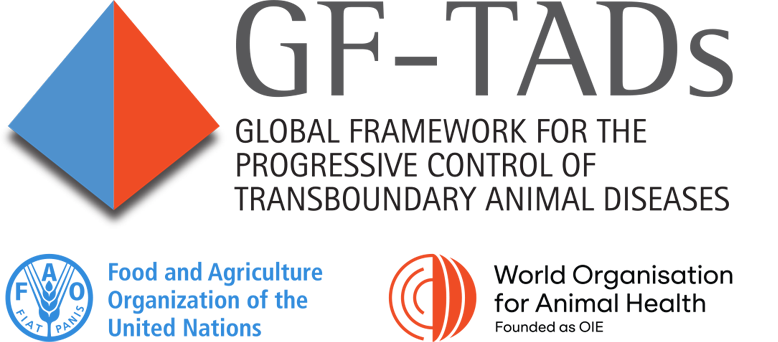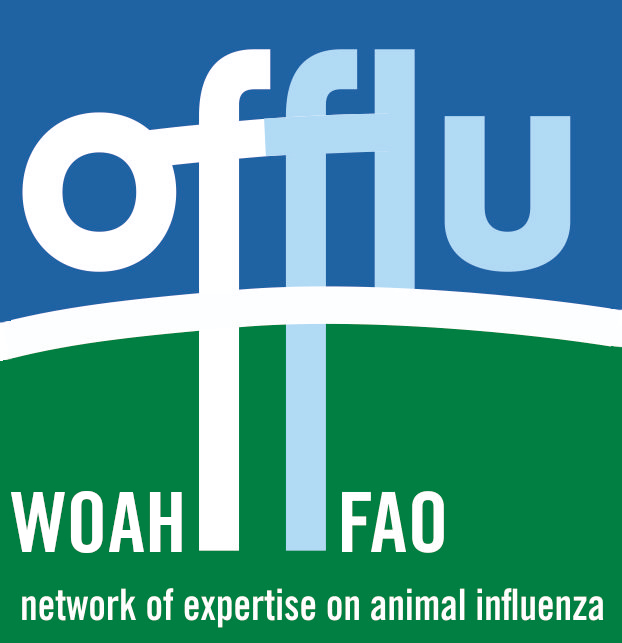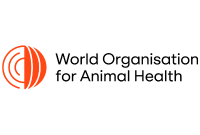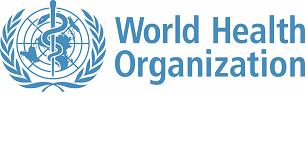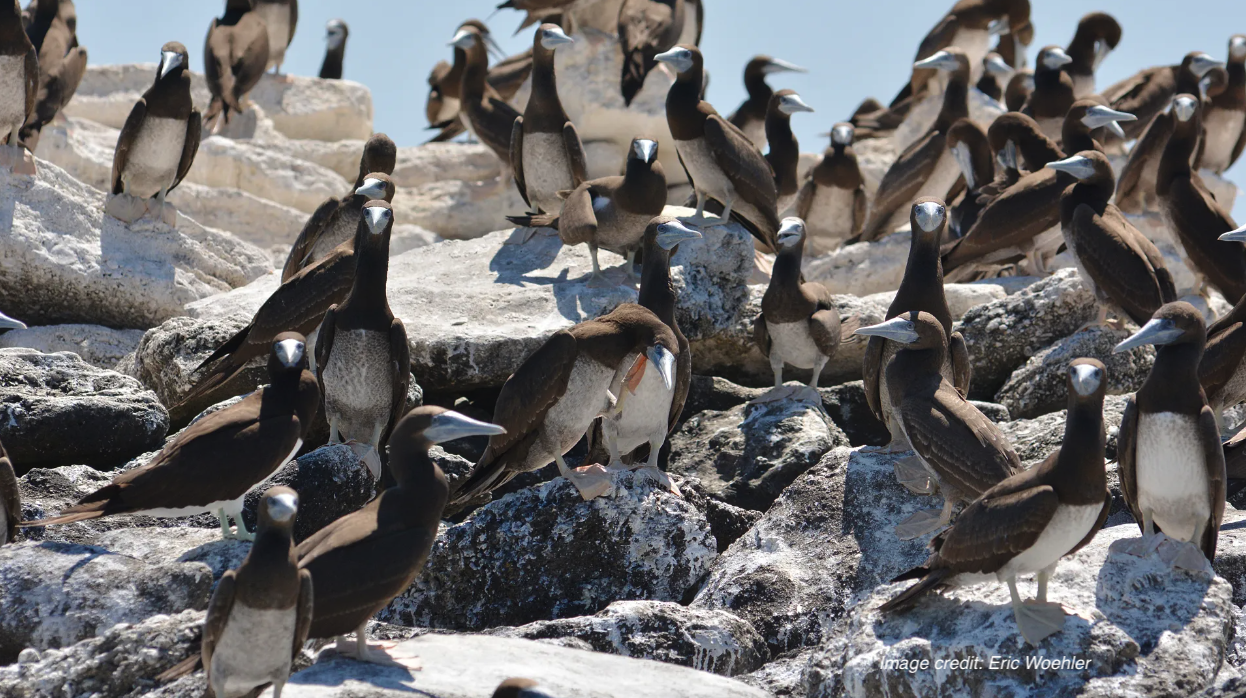Global Framework for the Progressive Control of Transboundary Animal Diseases
WOAH/FAO Global Network of Expertise on Animal Influenza
Food and Agriculture Organization of the United Nations
World Organisation for Animal Health
World Health Organization
Avian influenza (AI) is a highly contagious viral disease affecting several species of food producing birds (chickens, turkeys, quails, guinea fowl, etc.), as well as pet birds and wild birds. Occasionally mammals, including humans, may contract avian influenza. Avian influenza continues to cause severe loses in poultry and poses a zoonotic threat to human populations in many countries. Many countries in Asia have encountered highly pathogenic avian influenza (HPAI) subtypes such as H5N1, H5N2, H5N6, H5N8 as well as the highly pathogenic H7N9 which resulted in outbreaks in 2018–2019. These outbreaks impacted animal and public health, trade and economy in affected countries. Human infections with zoonotic influenzas—especially avian influenza virus H5N1 and H7N9—have occurred in countries in Asia since 2003, causing a serious public health threat.
The science-based standards, guidelines and recommendations issued by WOAH are designated as the international reference in dealing with avian influenza. Its world network of Reference Laboratories and Collaborating Centres provides policy advice, strategy design and technical assistance for the control and eradication of these viruses. The worldwide spread of H5N1 avian influenza at the beginning of the 2000s, with its host of economic and health consequences, intensified the joint work of the FAO, WHO, and WOAH. Since then, the three organisations regularly exchange follow-up information on the global animal influenza situation, as one of their 3 priority topics. WOAH and FAO also launched the global network of expertise on influenza (OFFLU) in April 2005 to reduce the negative impacts of avian influenza originally, then expanded in 2009 to include all animal influenzas (swine, equine and wildlife) and to further support Veterinary Services in their efforts to reduce risks to animals and the public from animal influenza viruses.
Monitoring and controlling avian influenza at its poultry source is essential to decrease the virus load in susceptible avian species and the environment. Implementation of biosecurity measures, in line with World Organisation for Animal Health (WOAH, founded as OIE) international Standards, is key to secure the production sector and trade, to safeguard food security and the livelihoods of farmers (in particular in developing countries), as well as to limit the risk of human infection with Avian Influenza strains that have zoonotic potential.
Considering One Health is a collaborative, multidisciplinary, and multisectoral approach that can be used to address health threats, like Avian Influenza, at the human-animal-environment interface, the organisation supports its Members in establishing a multisectoral, One Health coordination mechanism (MCM) for Avian Influenza and other zoonoses in collaboration with FAO and WHO.
In Asia and the Pacific region, there are 4 WOAH Reference Laboratories for AIV, which are located in Australia, China, India and Japan. They can provide scientific and technical training for personnel from Member Countries, and coordinate scientific and technical studies in collaboration with other laboratories or organisations, including through the Laboratory Twinning programme. Members in the Asia Pacific region have been submitting AIV samples (free-of-cost) for disease confirmation and further molecular characterization in these reference laboratories that has greatly strengthened disease diagnosis/surveillance and implementation of control activities”. RRAP has also supported some Members participate in AIV Proficiency Testing programs.
